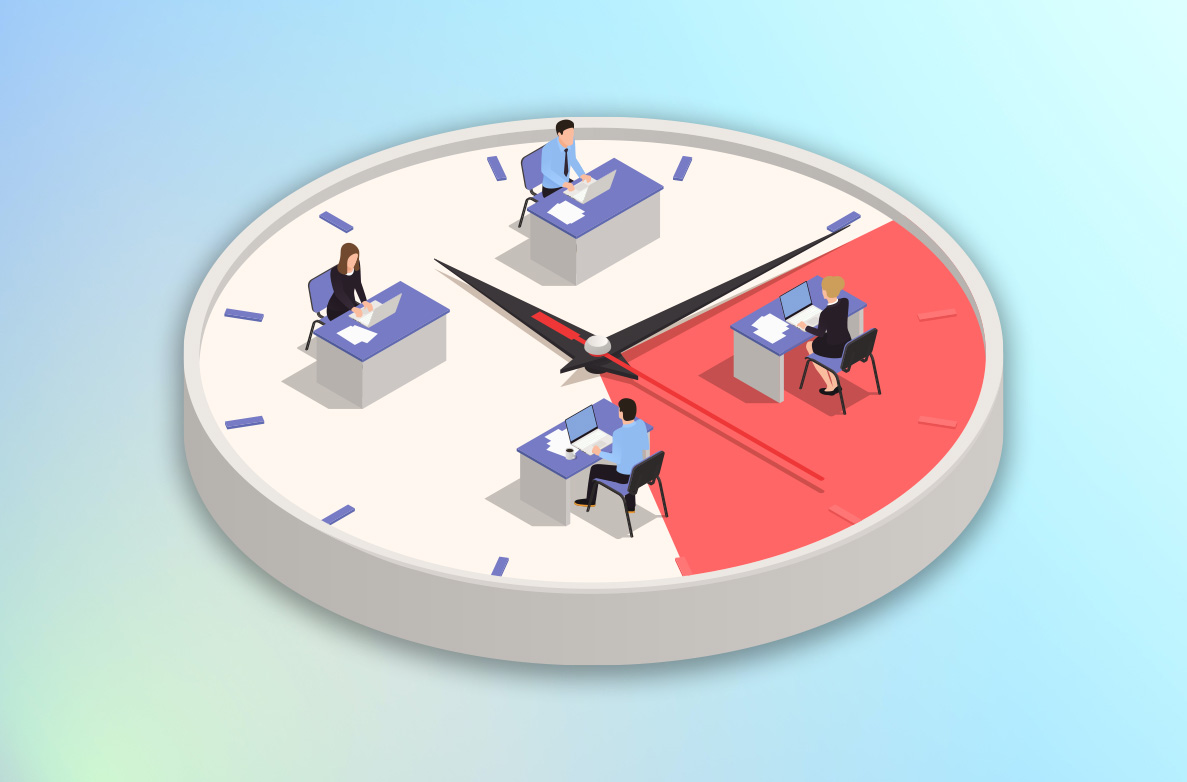Emerging Tech 1 year ago
Why Waste Time When You Can Save Time or Better Yet, Invest in It?
Time sure flies, but time as it happens is also money. Learning how to manage time wisely is a well-accepted human struggle and nowhere does the reality of it come crashing down harder than in the chambers of law firms and legal bodies.

It was a blink of an eye and here we are already, in December, about to bid another year goodbye. Time sure flies, but as Benjamin Franklin once said, Time is also money and learning how to manage it prudently and wisely has always been a widely accepted human struggle. Anyone who has lost half a day scrolling through their social media feed would know the feeling. The struggle became even more real in the recent years of remote working when we all had to learn to manage work hours at home amidst easy distractions and childcare duties. But nowhere is the significance of good timekeeping more acutely felt than in the walls and chambers of law firms that are entrusted with tasks of immense responsibility and are constantly overwhelmed with distractions and communications.
A career in law is fast-paced and demanding. A lot happens in extraordinarily little time and lawyers’ actions have far and lasting consequences. For that reason alone, good time-management skills could be considered crucial in the profession; but the significance of timekeeping in the legal industry is much more complex and diverse in nature. Wise lawyers establish time tracking as a routine as it enables them to accurately bill their clients, keep track of their billable and non-billable hours, improve their time management skills, and accomplish more in less time – enhance productivity and overall value for all parties concerned.
In today’s tech-driven age, law firms across the globe have not shied away from including a bit of technology to strategise their time. To make their time tracking routines more efficient, effortless, transparent, and accurate, many have adopted tech-enabled timekeeping tools. Timekeeping tools in legal technology have become an increasingly important part of the legal profession. As legal professionals are increasingly relying on technology to streamline their processes, timekeeping tools are becoming an essential part of the workflow. These tools help lawyers to track their time, manage their workload, and ensure that they are billing their clients accurately. There are many solutions currently available in the market – from simple stopwatch apps to complex legal time tracking softwares that come with abilities to make comprehensive reports and generate bills and invoices – and law firms are never short of newer, more efficient options.
Today’s advanced timekeeping tools can be used to track the amount of time spent on a particular task or project, as well as the amount of time spent on a particular client. This information can be used to generate invoices, calculate billable hours, and track the progress of a project. They allow lawyers to set up reminders for upcoming deadlines and tasks, ensuring that they meet their obligations in a timely manner; and they can be used to track the time spent on research, document preparation, and other tasks.
There is a reason Timekeeping ranked 4th in the list in the of most used legal tech tools in the Bloomberg Law Legal Operations and Technology Survey of 2022, and it is because timekeeping tools help legal professionals stay organised and efficient. By keeping track of their time, they can identify areas where they can improve their workflow and be more productive – save time and money, and simultaneously increase their overall efficiency. Legal technology has come a long way especially in terms of timekeeping tools that have changed the way law is practiced. If time is the wisest counsellor of all, then it hasn’t met today’s tech-enabled lawyers who know how to manage time better.



